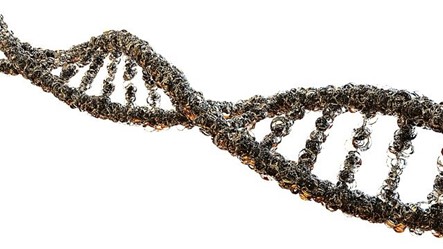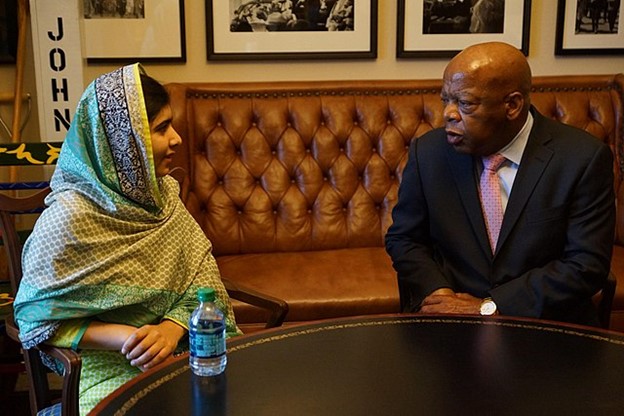
Here’s one of my favorite quotes of all time. It comes from Bill Bryson’s delightful book, A Short History of Nearly Everything.
“Consider the fact that for 3.8 billion years, a period of time older than the Earth’s mountains and rivers and oceans, every one of your forebears on both sides has been attractive enough to find a mate, healthy enough to reproduce, and sufficiently blessed by fate and circumstances to live long enough to do so. Not one of your pertinent ancestors was squashed, devoured, drowned, starved, stranded, stuck fast, untimely wounded, or otherwise deflected from its life’s quest of delivering a tiny charge of genetic material to the right partner at the right moment in order to perpetuate the only possible sequence of hereditary combinations that could result – eventually, astoundingly, and all too briefly – in you.”1
I’ve always read this lovely passage as meaning that we’re lucky to be alive, which was clearly Bryson’s intention. Every day is a bonus day, after all.
But I recently read a similar passage in The Daily Stoic that considers our evolutionary history in a very different light:
“No one said life was easy. No one said it would be fair.
Don’t forget, though, that you come from a long, unbroken line of ancestors who survived unimaginable adversity, difficulty, and struggle. It’s their genes and blood that run through your body right now. Without them, you wouldn’t be here.
You’re an heir to an impressive tradition – and as their viable offspring, you’re capable of what they are capable of. You’re meant for this. Bred for it.
Just something to keep in mind if things get tough.”2
Yes, your ancestors were lucky, as Bryson so eloquently observed. But they were also tough.
In all likelihood, a great many of your ancestors were nearly squashed, devoured, drowned, starved, or stranded. Many of them survived terrible injuries, illnesses, natural disasters, and other traumas. But they carried on, survived, and passed on their genes.
So strength, both physical and mental, is in our DNA by necessity. The fortitude to survive is something we’ve all inherited. Most importantly, we all have an innate capacity for astonishing psychological resilience. Consider the examples of Viktor Frankl,3 John Lewis,4 and Malala Yousafzai.5

If you presently feel a lack of mental toughness, that doesn’t mean the relevant genes have skipped a generation. It means you haven’t been exercising the relevant mental muscles enough. Willpower gets stronger when you use it and atrophies when you don’t.
So when life throws a challenge at you, don’t see it as an insurmountable problem. See it as an opportunity to get stronger.
Don’t see yourself as a passive victim of unlucky circumstances. See yourself as the latest in a long line of survivors who persevered against all odds.
Fulfill the potential you’ve inherited from your ancestors by doing the work that would make them proud.
1 Bryson, Bill. A Short History of Nearly Everything. Crown, 2014.
2 Holiday, Ryan and Stephen Hanselman. The Daily Stoic: 366 Meditations on Wisdom, Perseverance, and the Art of Living Hardcover. Portfolio, 2016.
3 https://en.wikipedia.org/wiki/Viktor_Frankl
